This is a key step in the tax management reform strategy for the 2025-2030 period, aiming at comprehensive modernization, creating an equal business environment between business households and enterprises, reducing compliance costs and promoting digital transformation.
Perfecting institutions and synchronous tax policies
The Ministry of Finance has just issued Decision 3389/QD-BTC approving the Project "Converting the model and method of tax management for business households when abolishing lump-sum tax". The Project clearly states that the key task is to amend, supplement or promulgate new relevant legal documents, especially the Law on Tax Administration and guiding documents, to ensure that the abolition of lump-sum tax is implemented uniformly nationwide.

At the same time, the value-added tax (VAT) and personal income tax (PIT) policies applied to business households will also be fundamentally adjusted. Specifically, the Project aims to redefine the threshold of non-taxable revenue to suit reality. For business households that comply with the accounting, bookkeeping, and invoice regime, the PIT calculation method will be applied based on taxable income (revenue minus expenses), a change aimed at encouraging transparency. In particular, the tax policy for large-scale business households will be amended to ensure similarity with the corporate income tax of small and medium-sized enterprises, aiming at a fair policy level.
To facilitate business households to comply, accounting regime documents such as Circular 88/2021/TT-BTC will be amended to simplify, making recording and declaration more convenient and feasible. These goals clearly demonstrate the spirit of Resolution 68-NQ/TW of the Politburo , aiming to reduce administrative burdens and create conditions for the development of the private economy.
Promoting digital transformation and inter-sectoral coordination
To put policies into practice, technology and digital transformation are identified as key solutions. The tax sector aims to cut at least 30% of administrative processing time and 30% of legal compliance costs for taxpayers. Strive for 100% of business households that are eligible to apply electronic invoices from cash registers to register and use them, and 100% of business households to carry out tax procedures electronically.
To achieve this, the tax authority will comprehensively innovate support work, research and apply modern technology such as AI and chatbots to answer questions. Forms and declarations will be simplified, moving towards applying smart electronic declarations with suggested data from electronic invoices. At the same time, the industry will build and provide free or low-cost accounting software for business households. Supervision work will also be modernized on the basis of risk management, especially researching a separate management mechanism for e-commerce activities.
The success of the Project is assessed to depend on a close and interconnected coordination mechanism. The tax authority will be the focal point, coordinating with the Ministry of Public Security to standardize personal tax codes, unifying the use of personal identification numbers to replace tax codes. At the same time, the sector will connect data with ministries, branches and People's Committees at all levels to monitor activities, update registration information, and temporarily suspend business operations of business households to prevent missing households and budget losses. Localities are also encouraged to establish a one-stop mechanism to support business households in converting to enterprises, along with credit and premises support programs, contributing to realizing the goal of building a modern, effective and fair tax management system.
Source: https://daibieunhandan.vn/chuyen-doi-mo-hinh-phuong-phap-quan-ly-thue-voi-ho-kinh-doanh-10390391.html










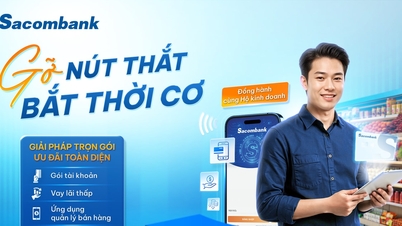









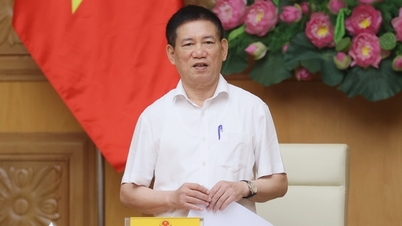









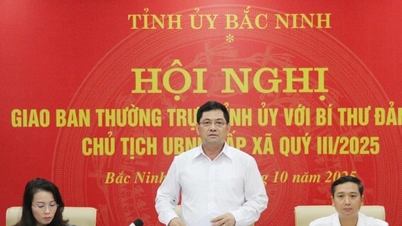
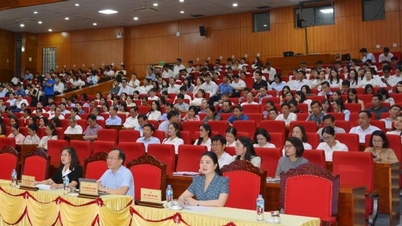
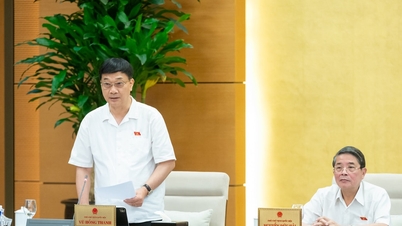
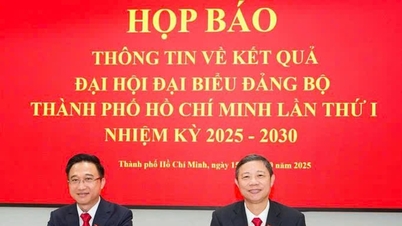
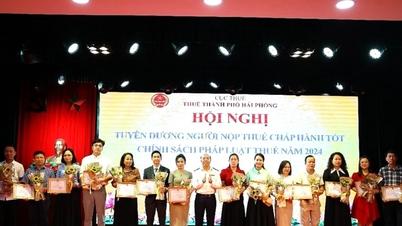
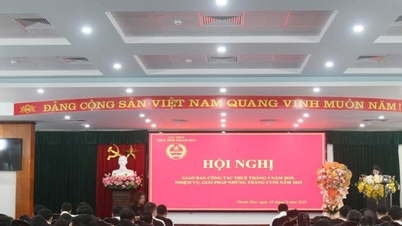
![[Photo] Ready for the 2025 Fall Fair](https://vphoto.vietnam.vn/thumb/1200x675/vietnam/resource/IMAGE/2025/10/14/1760456672454_ndo_br_chi-9796-jpg.webp)






















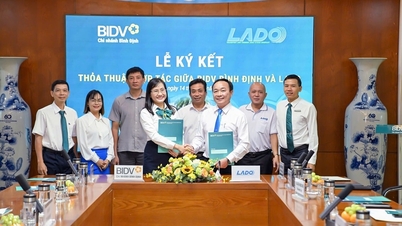

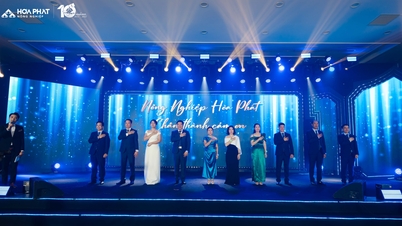



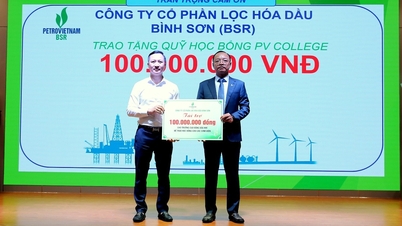










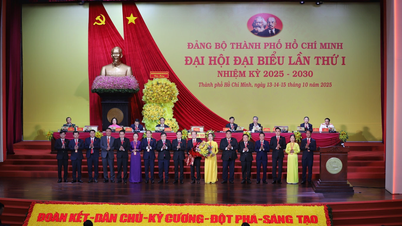



![[Photo] General Secretary To Lam chairs the meeting of the Central Steering Committee on science, technology development, innovation and digital transformation](https://vphoto.vietnam.vn/thumb/402x226/vietnam/resource/IMAGE/2025/10/15/1760500443782_anh-man-hinh-2025-10-15-luc-10-52-47.png)






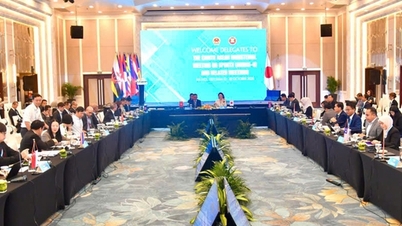


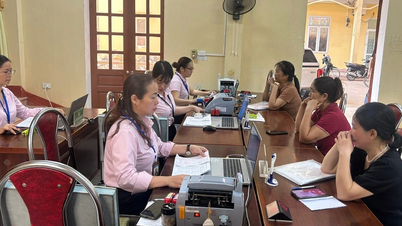





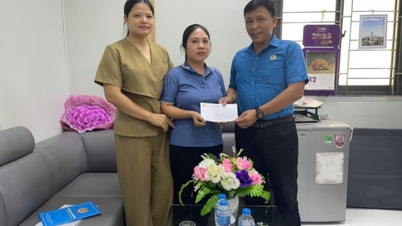

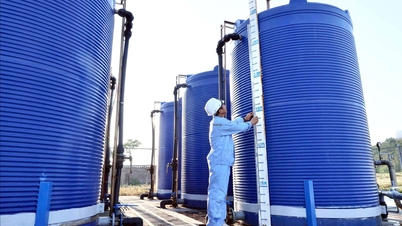


















Comment (0)